[Anchor]
President Yoon has consistently claimed that the Corruption Investigation Office for High-ranking Officials (CIO) has no investigative authority, asserting that the investigation itself is illegal.
This claim has been repeated every time an arrest warrant or detention warrant was requested.
Reporter Lee Do-yoon has summarized what judgments the court has made each time.
[Report]
President Yoon Suk Yeol's side has consistently argued that the CIO lacks the authority to investigate charges of insurrection.
[Jan. 15: "Seeing a warrant being issued upon the request of an agency without investigative authority, and a court without the authority to review warrants issuing arrest warrants and search warrants..."]
For this reason, he has refused to cooperate with the investigation by the CIO on three occasions.
In turn, the CIO requested an arrest warrant, which was issued by the Seoul Western District Court.
The reason for the issuance was that there was a concern that he would not respond to the investigation agency's request without justifiable reason, and there was substantial reason to suspect that he had committed a crime.
While refusing to comply with the execution of the warrant, as the deadline for the arrest warrant was approaching, another request for an arrest warrant was made and issued.
After being arrested on Jan. 15, President Yoon filed a request for a review of the legality of his arrest at the Seoul Central District Court, but the court dismissed it, stating, "The request is recognized as having no grounds."
Subsequently, the CIO requested a detention warrant for President Yoon.
During the detention warrant review, where the degree of evidence and the risk of evidence destruction were contentious issues, the Seoul Western District Court issued the detention warrant, citing concerns that President Yoon might destroy evidence.
After that, the CIO handed over President Yoon's case to the prosecution along with a request for indictment.
The prosecution applied for an extension of the detention warrant period for further investigation, but the Seoul Central District Court did not accept it.
There is no written regulation in the Act on the Establishment and Operation of the Corruption Investigation Office for High-ranking Officials that allows the prosecution to conduct supplementary investigations on cases received from the CIO.
Ultimately, President Yoon was sent to trial without having undergone any prosecution investigation while in custody.
This is KBS News, Lee Do-yoon.
President Yoon has consistently claimed that the Corruption Investigation Office for High-ranking Officials (CIO) has no investigative authority, asserting that the investigation itself is illegal.
This claim has been repeated every time an arrest warrant or detention warrant was requested.
Reporter Lee Do-yoon has summarized what judgments the court has made each time.
[Report]
President Yoon Suk Yeol's side has consistently argued that the CIO lacks the authority to investigate charges of insurrection.
[Jan. 15: "Seeing a warrant being issued upon the request of an agency without investigative authority, and a court without the authority to review warrants issuing arrest warrants and search warrants..."]
For this reason, he has refused to cooperate with the investigation by the CIO on three occasions.
In turn, the CIO requested an arrest warrant, which was issued by the Seoul Western District Court.
The reason for the issuance was that there was a concern that he would not respond to the investigation agency's request without justifiable reason, and there was substantial reason to suspect that he had committed a crime.
While refusing to comply with the execution of the warrant, as the deadline for the arrest warrant was approaching, another request for an arrest warrant was made and issued.
After being arrested on Jan. 15, President Yoon filed a request for a review of the legality of his arrest at the Seoul Central District Court, but the court dismissed it, stating, "The request is recognized as having no grounds."
Subsequently, the CIO requested a detention warrant for President Yoon.
During the detention warrant review, where the degree of evidence and the risk of evidence destruction were contentious issues, the Seoul Western District Court issued the detention warrant, citing concerns that President Yoon might destroy evidence.
After that, the CIO handed over President Yoon's case to the prosecution along with a request for indictment.
The prosecution applied for an extension of the detention warrant period for further investigation, but the Seoul Central District Court did not accept it.
There is no written regulation in the Act on the Establishment and Operation of the Corruption Investigation Office for High-ranking Officials that allows the prosecution to conduct supplementary investigations on cases received from the CIO.
Ultimately, President Yoon was sent to trial without having undergone any prosecution investigation while in custody.
This is KBS News, Lee Do-yoon.
■ 제보하기
▷ 카카오톡 : 'KBS제보' 검색, 채널 추가
▷ 전화 : 02-781-1234, 4444
▷ 이메일 : kbs1234@kbs.co.kr
▷ 유튜브, 네이버, 카카오에서도 KBS뉴스를 구독해주세요!
- Courts judgments on warrants
-
- 입력 2025-01-27 23:02:39
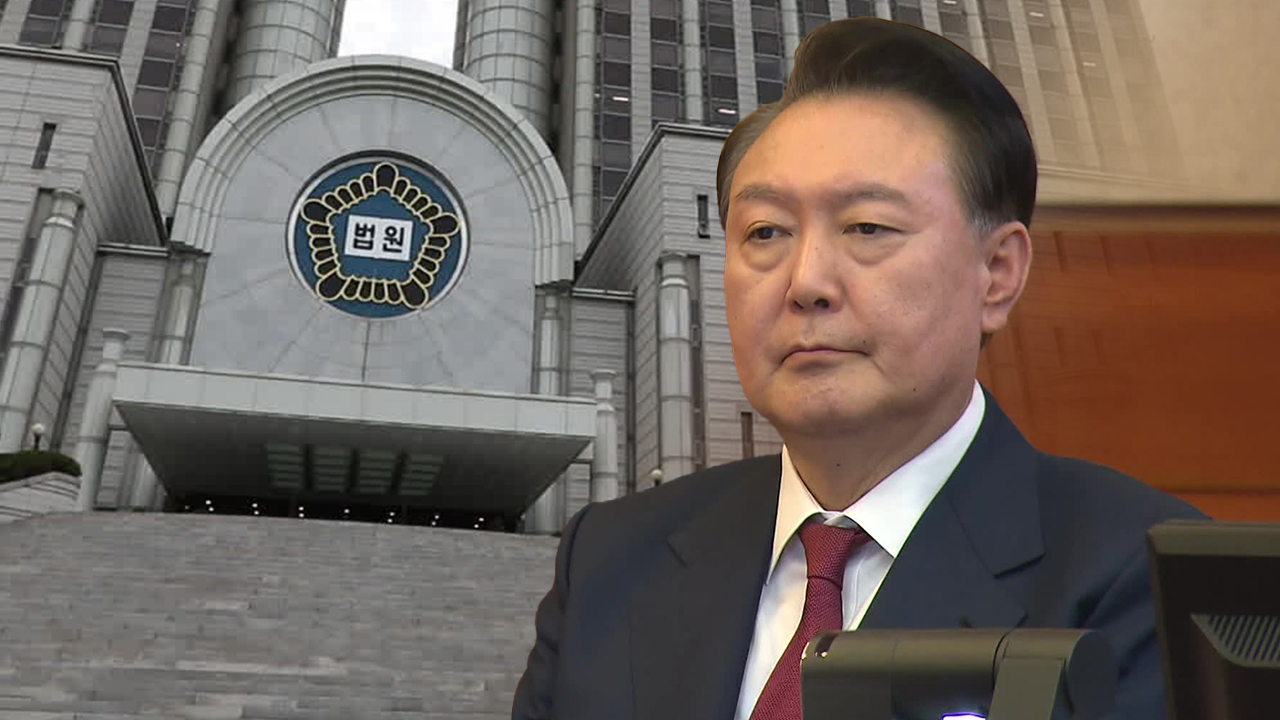
[Anchor]
President Yoon has consistently claimed that the Corruption Investigation Office for High-ranking Officials (CIO) has no investigative authority, asserting that the investigation itself is illegal.
This claim has been repeated every time an arrest warrant or detention warrant was requested.
Reporter Lee Do-yoon has summarized what judgments the court has made each time.
[Report]
President Yoon Suk Yeol's side has consistently argued that the CIO lacks the authority to investigate charges of insurrection.
[Jan. 15: "Seeing a warrant being issued upon the request of an agency without investigative authority, and a court without the authority to review warrants issuing arrest warrants and search warrants..."]
For this reason, he has refused to cooperate with the investigation by the CIO on three occasions.
In turn, the CIO requested an arrest warrant, which was issued by the Seoul Western District Court.
The reason for the issuance was that there was a concern that he would not respond to the investigation agency's request without justifiable reason, and there was substantial reason to suspect that he had committed a crime.
While refusing to comply with the execution of the warrant, as the deadline for the arrest warrant was approaching, another request for an arrest warrant was made and issued.
After being arrested on Jan. 15, President Yoon filed a request for a review of the legality of his arrest at the Seoul Central District Court, but the court dismissed it, stating, "The request is recognized as having no grounds."
Subsequently, the CIO requested a detention warrant for President Yoon.
During the detention warrant review, where the degree of evidence and the risk of evidence destruction were contentious issues, the Seoul Western District Court issued the detention warrant, citing concerns that President Yoon might destroy evidence.
After that, the CIO handed over President Yoon's case to the prosecution along with a request for indictment.
The prosecution applied for an extension of the detention warrant period for further investigation, but the Seoul Central District Court did not accept it.
There is no written regulation in the Act on the Establishment and Operation of the Corruption Investigation Office for High-ranking Officials that allows the prosecution to conduct supplementary investigations on cases received from the CIO.
Ultimately, President Yoon was sent to trial without having undergone any prosecution investigation while in custody.
This is KBS News, Lee Do-yoon.
President Yoon has consistently claimed that the Corruption Investigation Office for High-ranking Officials (CIO) has no investigative authority, asserting that the investigation itself is illegal.
This claim has been repeated every time an arrest warrant or detention warrant was requested.
Reporter Lee Do-yoon has summarized what judgments the court has made each time.
[Report]
President Yoon Suk Yeol's side has consistently argued that the CIO lacks the authority to investigate charges of insurrection.
[Jan. 15: "Seeing a warrant being issued upon the request of an agency without investigative authority, and a court without the authority to review warrants issuing arrest warrants and search warrants..."]
For this reason, he has refused to cooperate with the investigation by the CIO on three occasions.
In turn, the CIO requested an arrest warrant, which was issued by the Seoul Western District Court.
The reason for the issuance was that there was a concern that he would not respond to the investigation agency's request without justifiable reason, and there was substantial reason to suspect that he had committed a crime.
While refusing to comply with the execution of the warrant, as the deadline for the arrest warrant was approaching, another request for an arrest warrant was made and issued.
After being arrested on Jan. 15, President Yoon filed a request for a review of the legality of his arrest at the Seoul Central District Court, but the court dismissed it, stating, "The request is recognized as having no grounds."
Subsequently, the CIO requested a detention warrant for President Yoon.
During the detention warrant review, where the degree of evidence and the risk of evidence destruction were contentious issues, the Seoul Western District Court issued the detention warrant, citing concerns that President Yoon might destroy evidence.
After that, the CIO handed over President Yoon's case to the prosecution along with a request for indictment.
The prosecution applied for an extension of the detention warrant period for further investigation, but the Seoul Central District Court did not accept it.
There is no written regulation in the Act on the Establishment and Operation of the Corruption Investigation Office for High-ranking Officials that allows the prosecution to conduct supplementary investigations on cases received from the CIO.
Ultimately, President Yoon was sent to trial without having undergone any prosecution investigation while in custody.
This is KBS News, Lee Do-yoon.
-
-
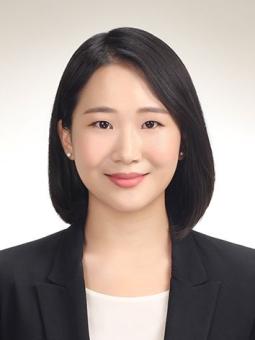
이도윤 기자 dobby@kbs.co.kr
이도윤 기자의 기사 모음
-
이 기사가 좋으셨다면
-
좋아요
0
-
응원해요
0
-
후속 원해요
0










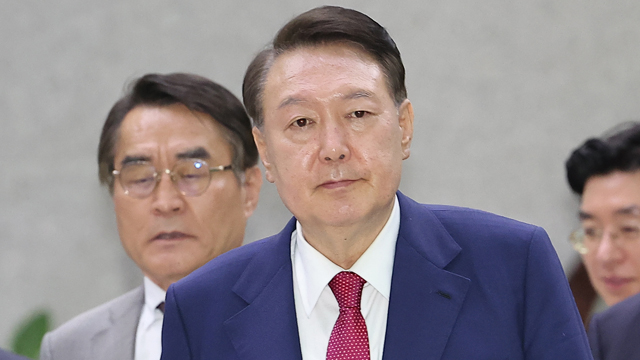
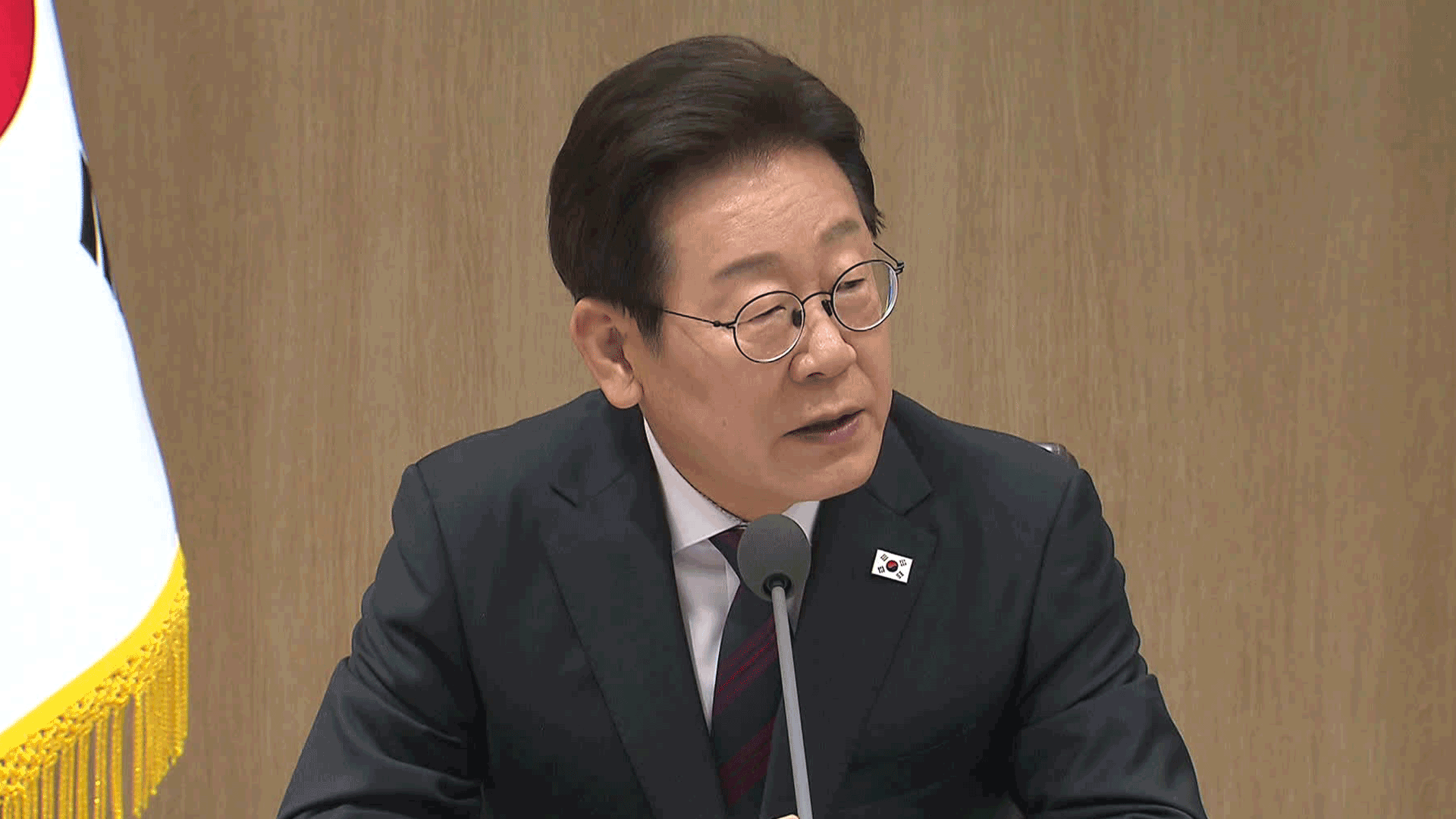
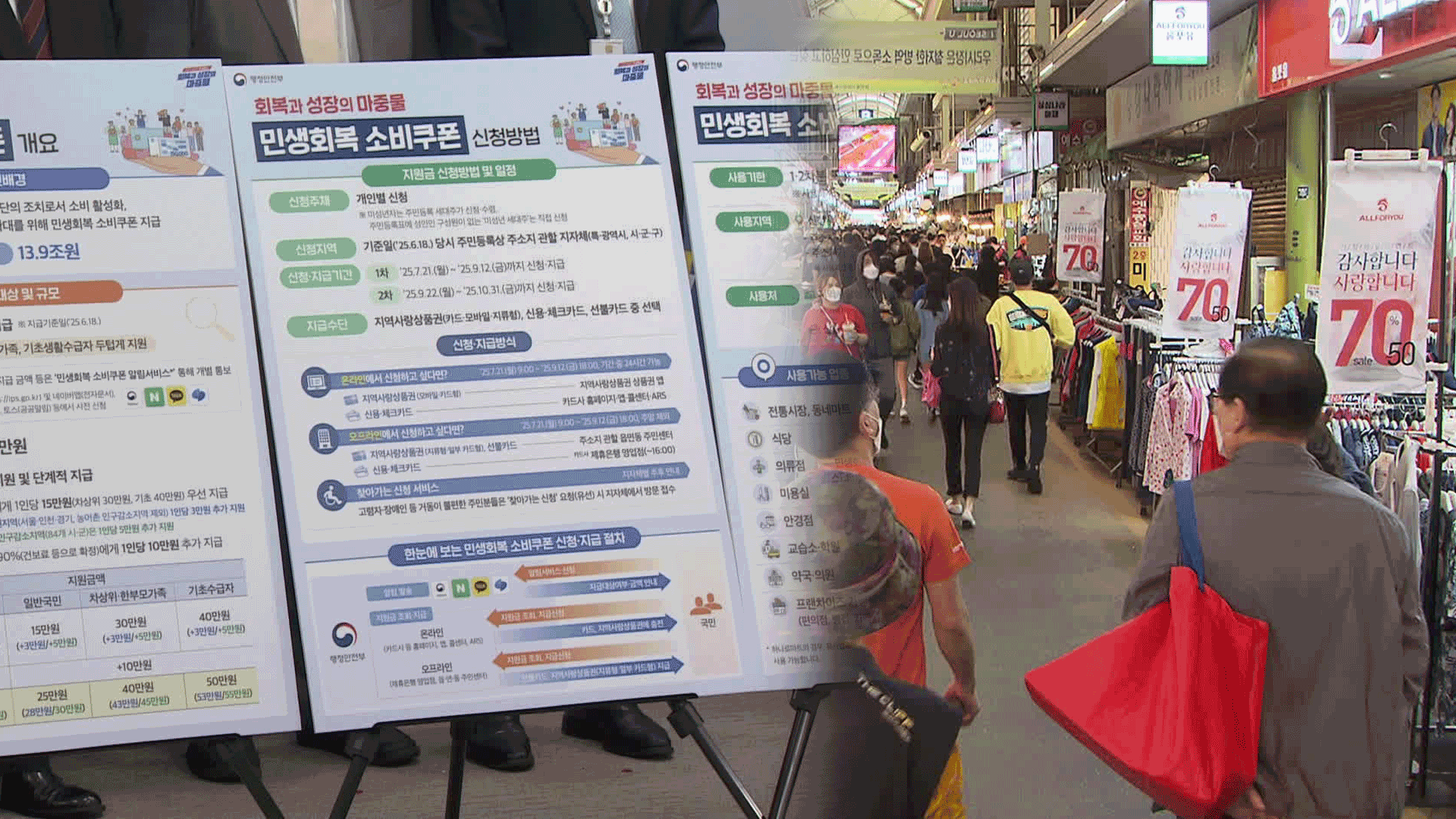
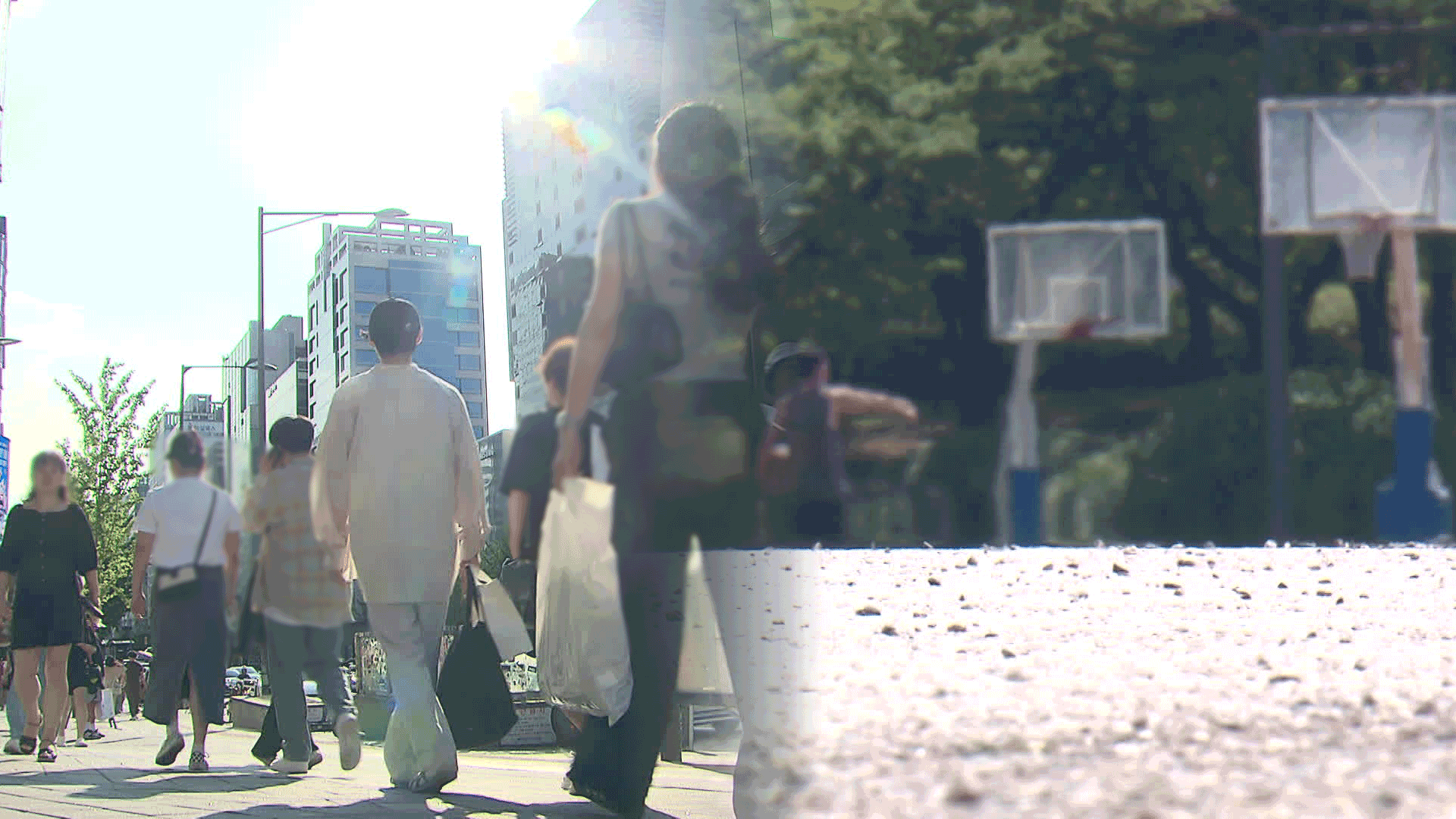

이 기사에 대한 의견을 남겨주세요.